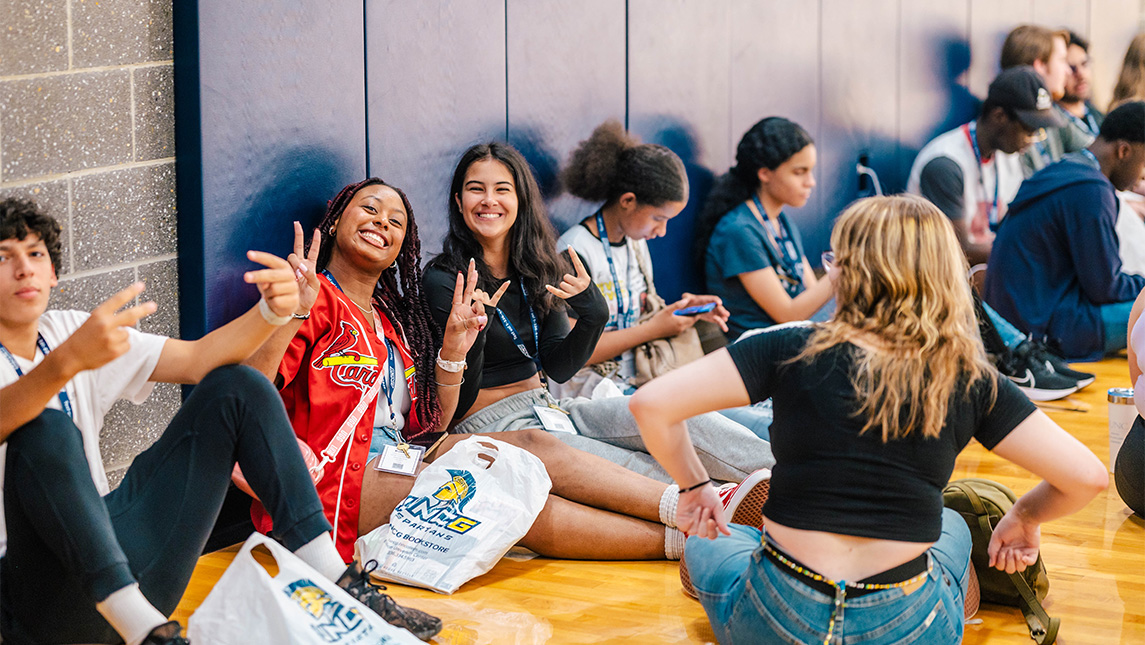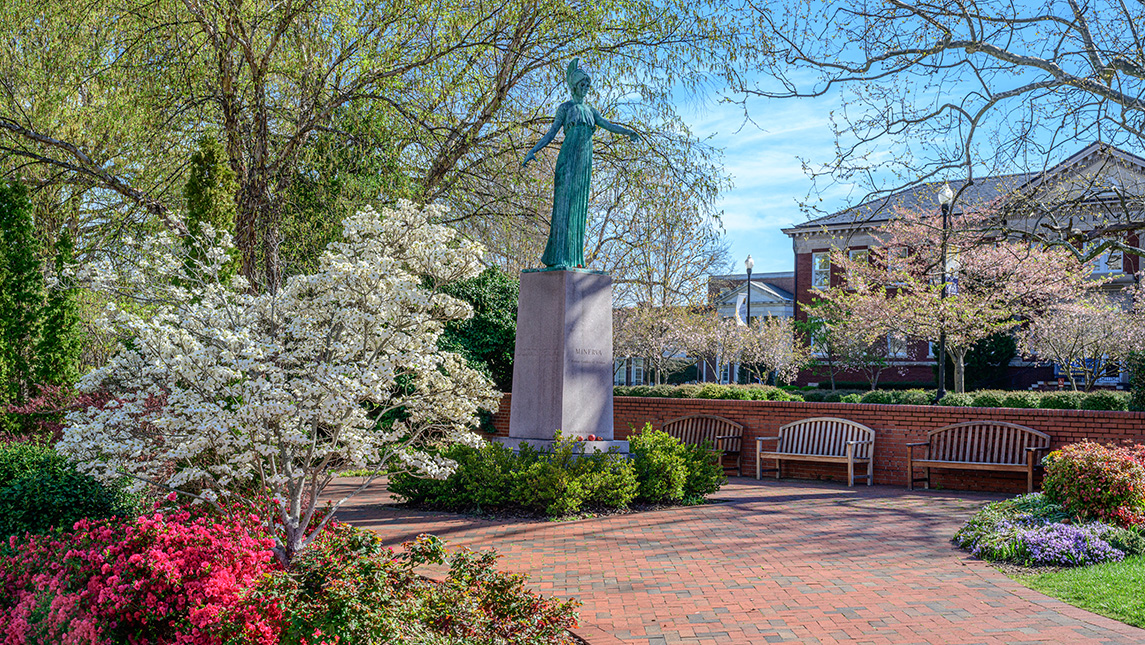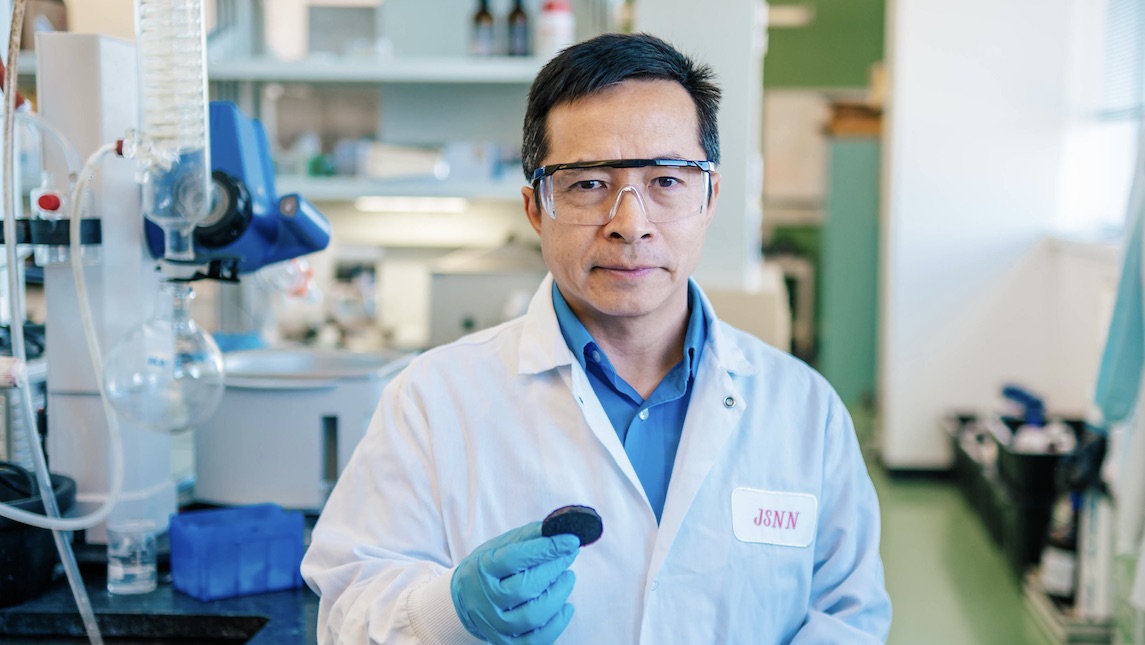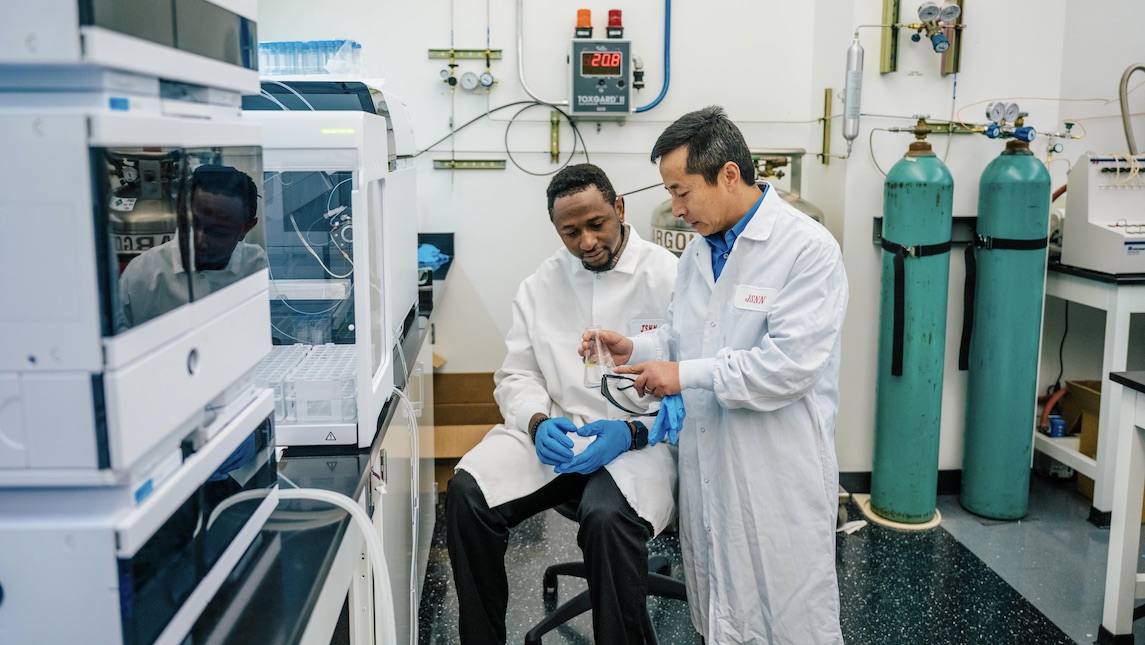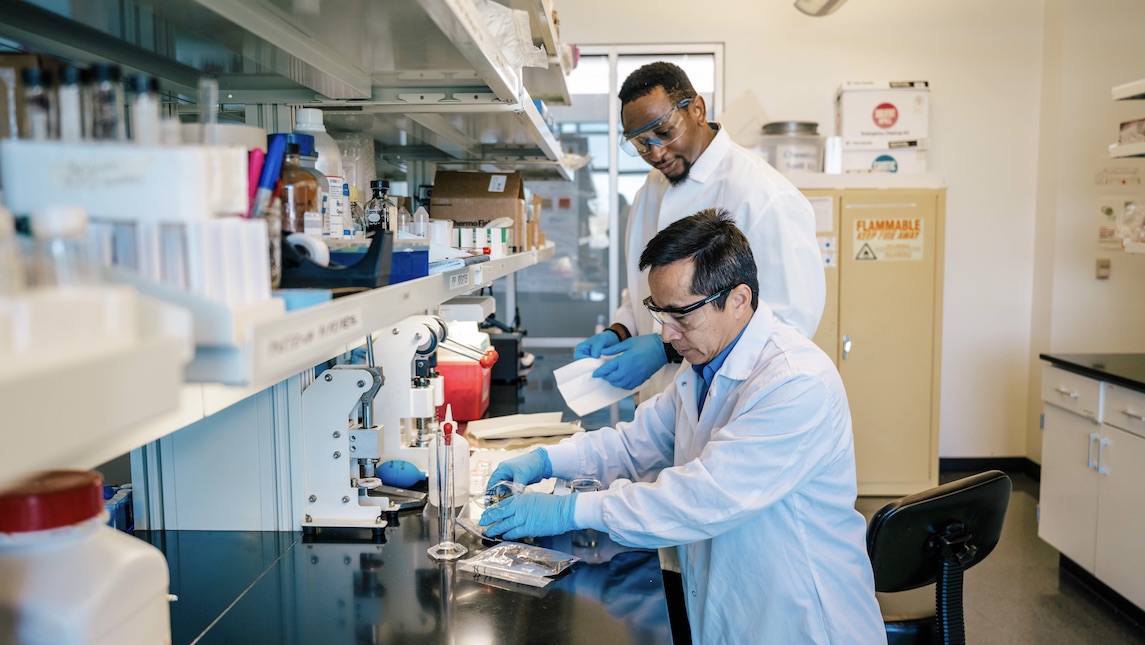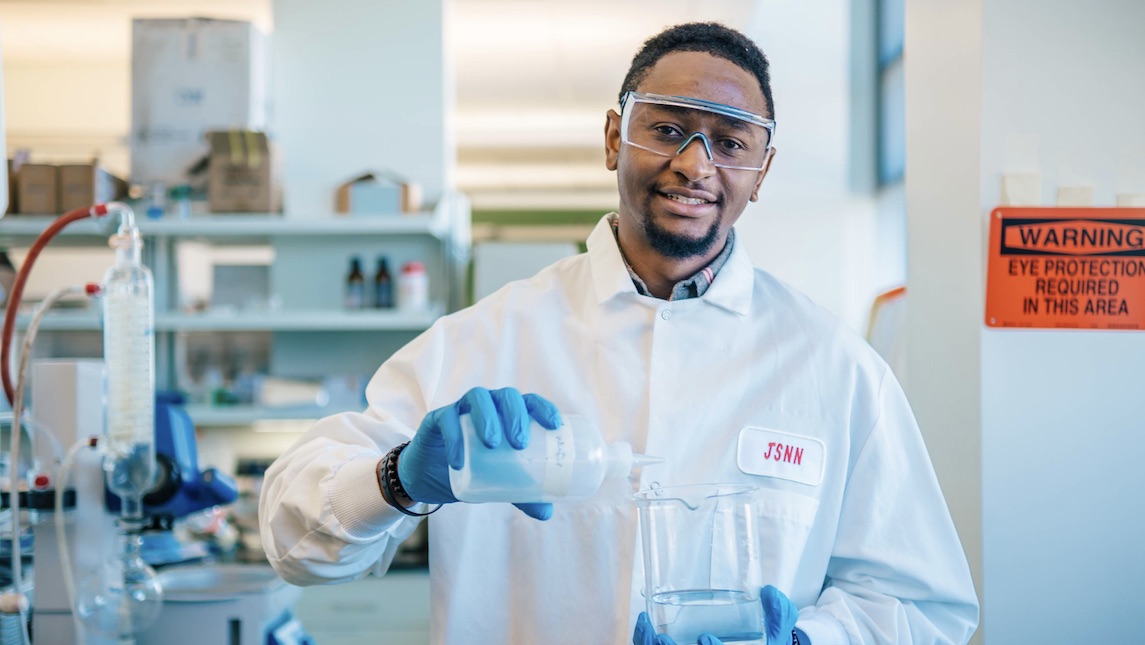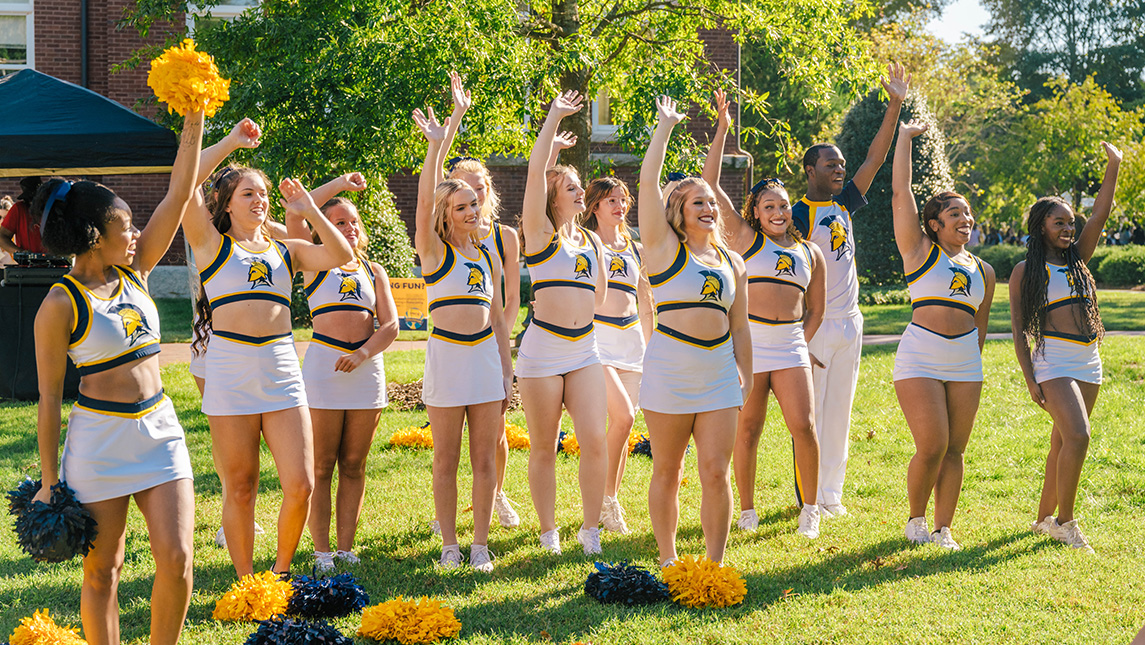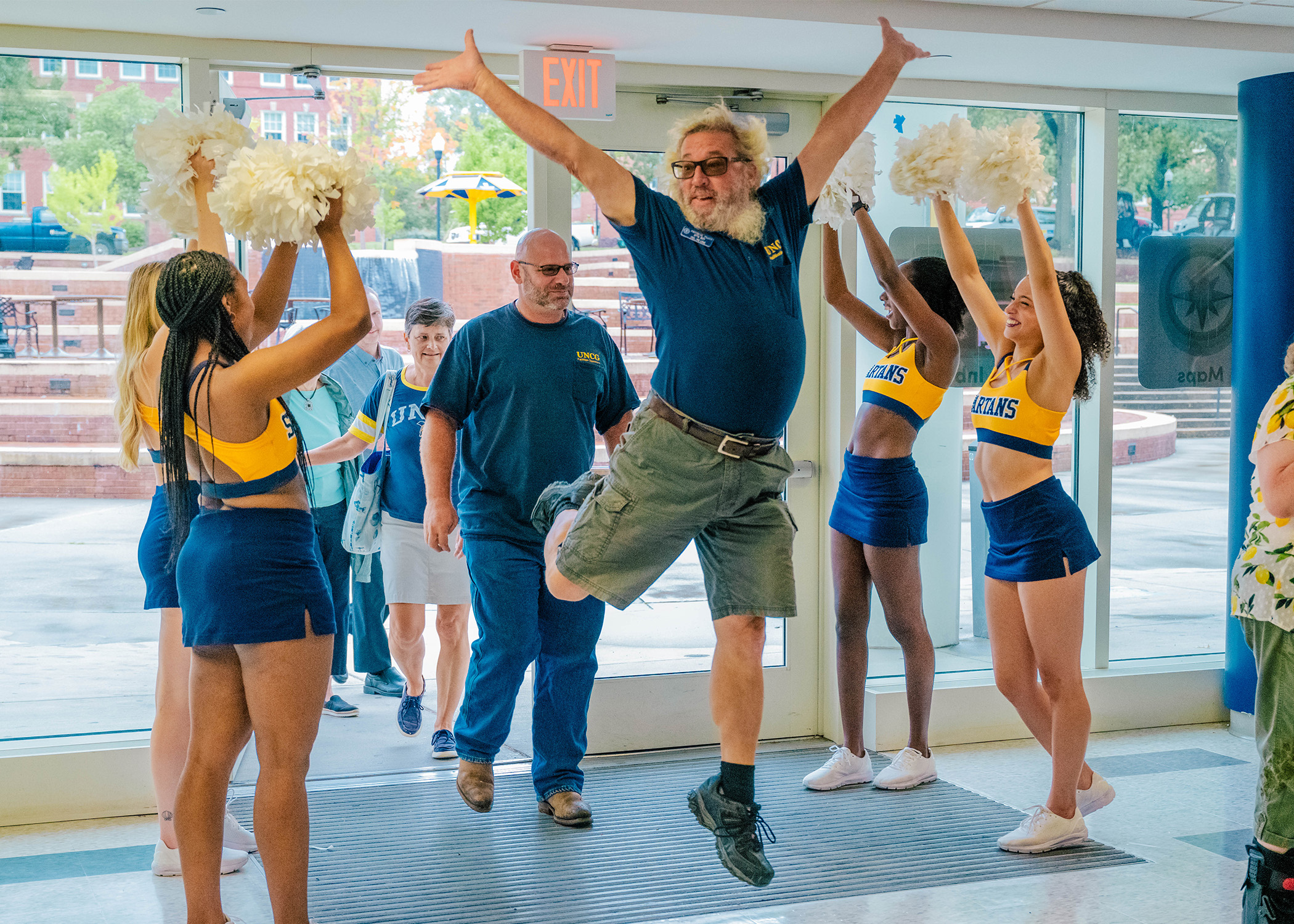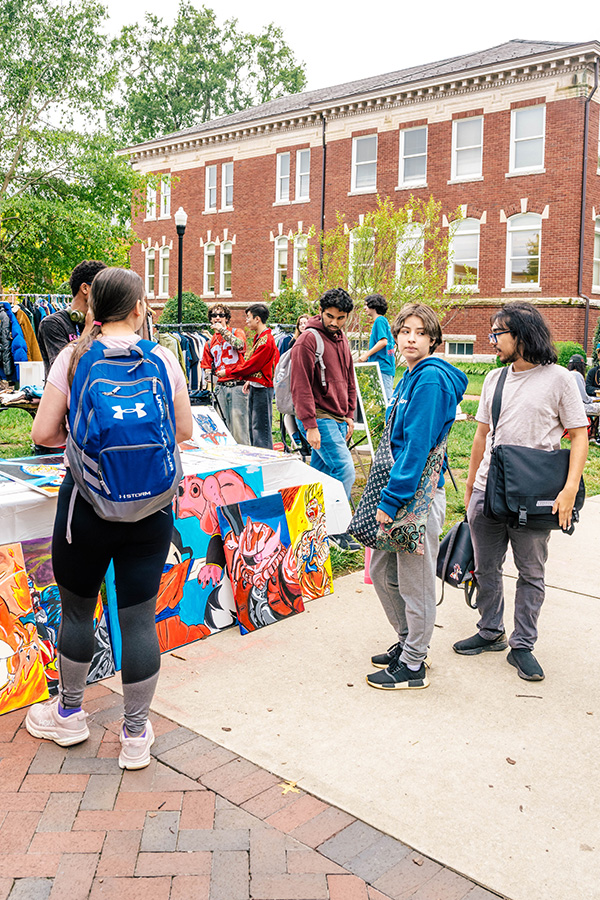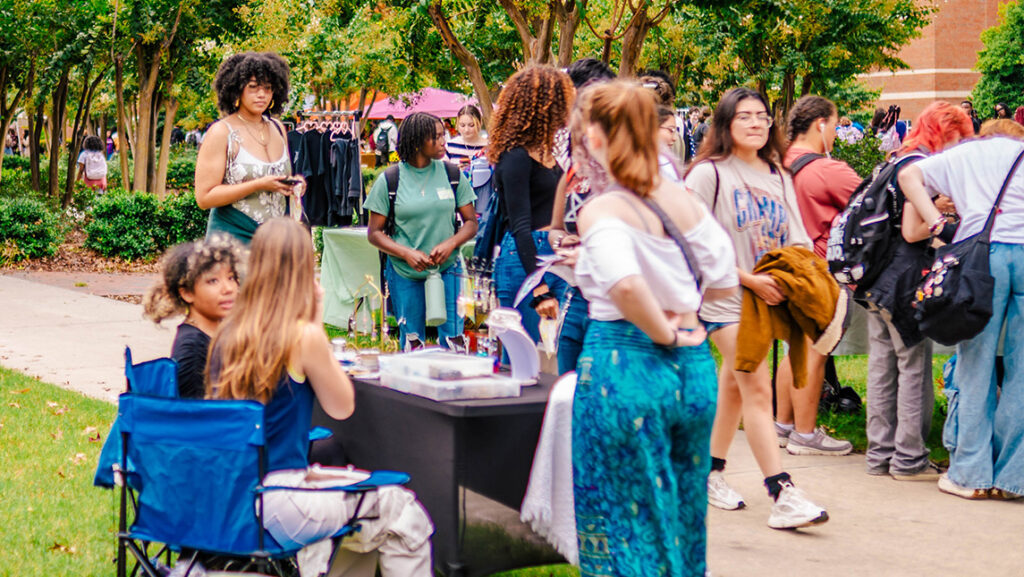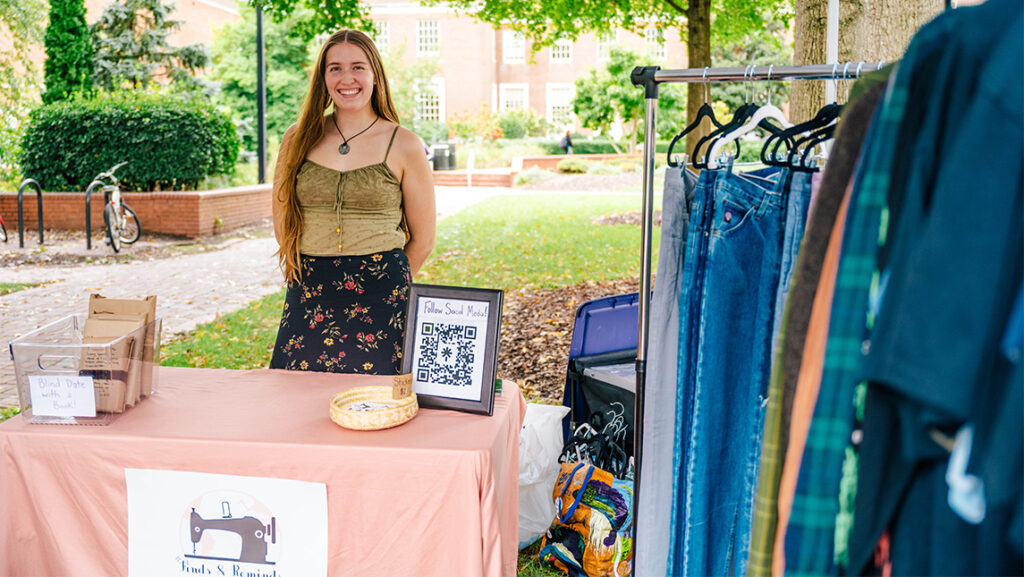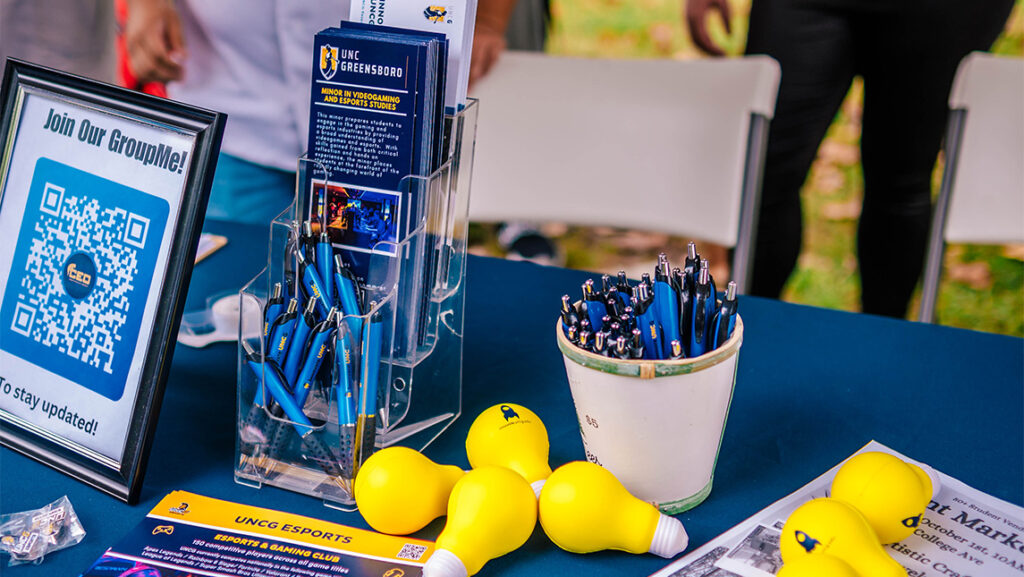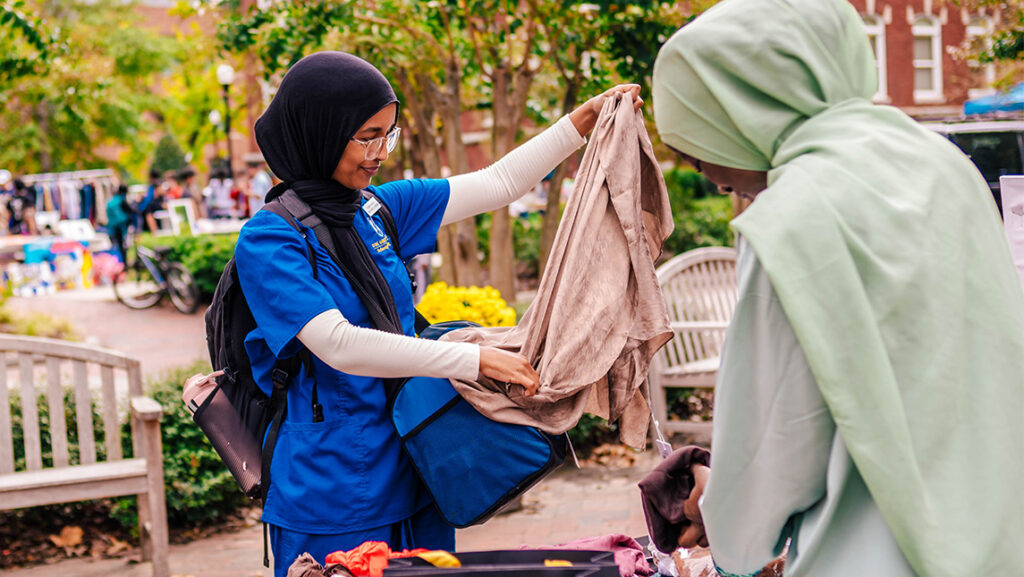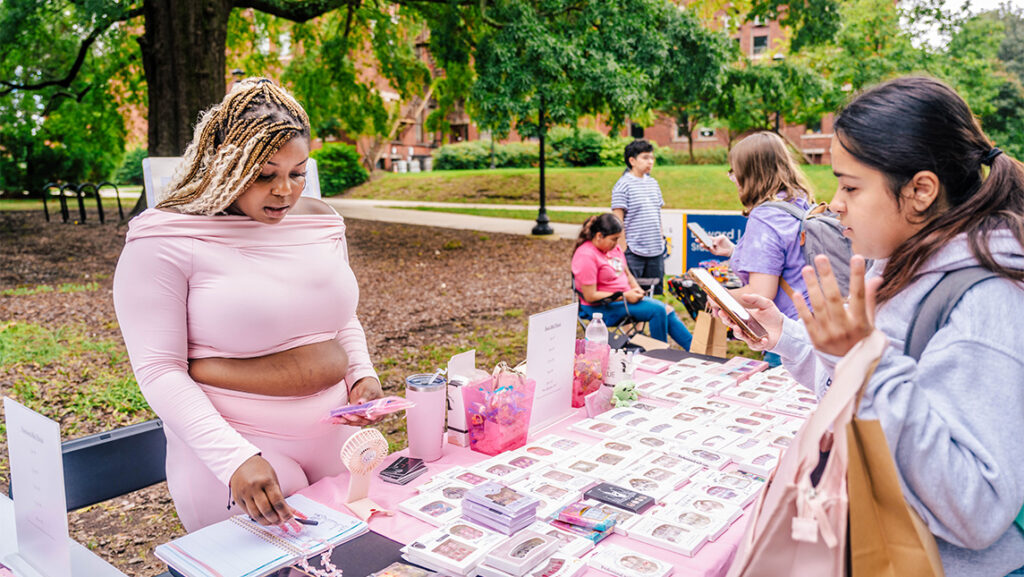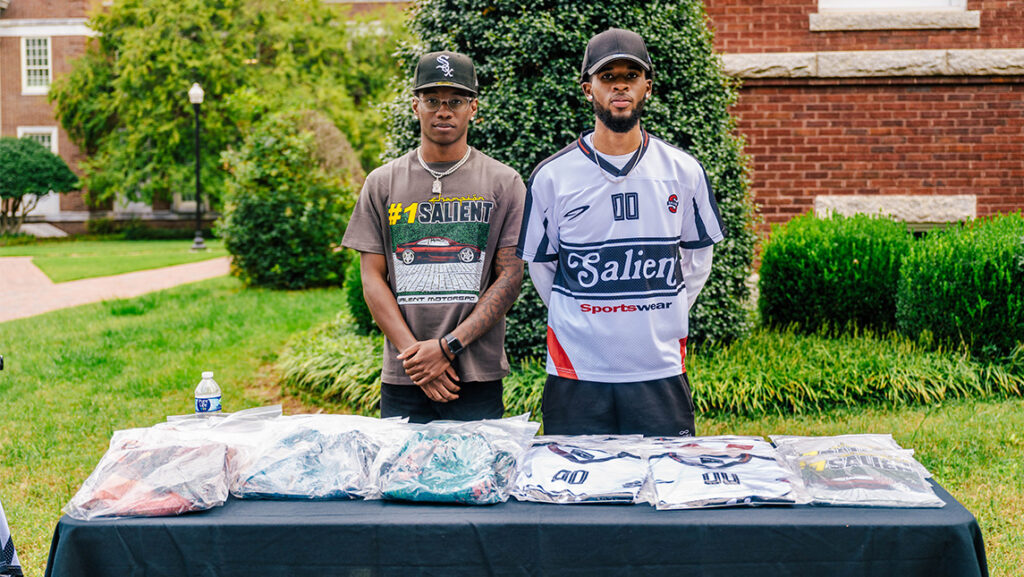When it comes to ensuring the mental health and well-being of our students, UNC Greensboro is considered one of the best. Premiere initiatives supporting students on their personal and academic journeys have been noticed by international advocates for mental health and well-being.
UNCG became one of just 16 schools in the United States to be named to The Princeton Review’s inaugural 2025 Mental Health Services Honor Roll.
Students Find What They Need When They Need It
The Princeton Review partnered with the Ruderman Family Foundation, which seeks to end the stigma associated with mental health, selected its recipients based on an exceptional commitment to their students’ mental health and well-being.

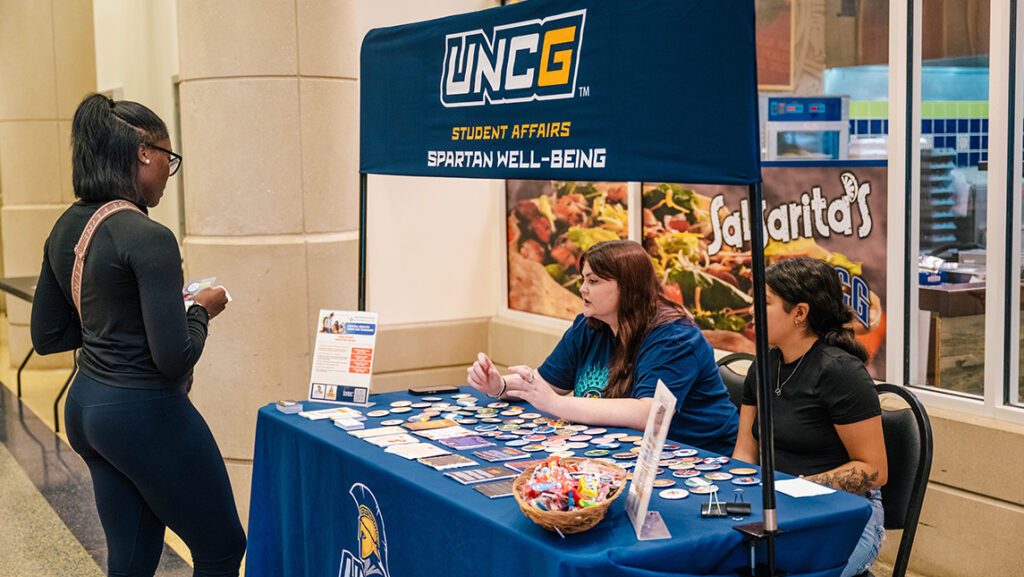
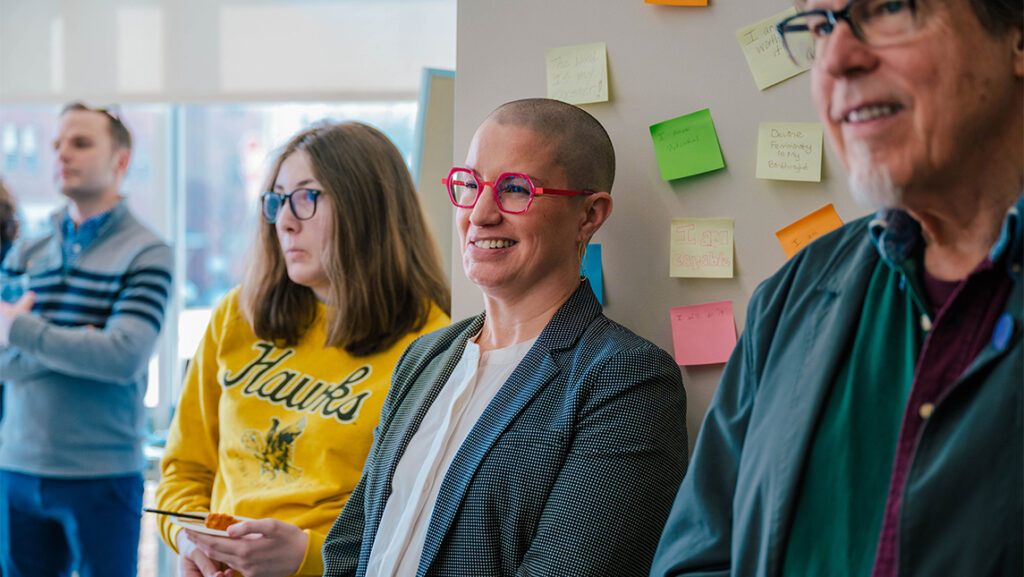
At UNCG, mental health is never “one size fits all.” The services, many of them organized by Counseling & Psychological Services (CAPS) within Student Health Services, let students choose from one-on-one interventions, group sessions, and engaging activities. They can develop good mental health habits, tackle the anxieties that are common with earning a degree, or turn to specialized programs for personal challenges like trauma and addiction.
“UNCG is proud to promote a culture of care that ensures every member of the UNCG community plays an instrumental role in supporting students’ mental health, well-being, and academic success,” says Dr. Cathy Akens, Vice Chancellor for Student Affairs. “We understand the connection between how students are feeling and their ability to do well academically and personally, so we provide an abundance of resources to ensure all students have every opportunity to thrive as Spartans.”
Join a Group or Drop In
Through activities and workshops, students form communities where they find validation and support, while also combating the epidemic of loneliness. CAPS meets students where they are. Some of its most popular programs are:
- Let’s Talk: This program gives students a space to meet with providers in a drop-in manner at different locations on campus.
- Same Day Services: Knowing that sometimes when a student needs help or decides to seek help, the time is right now, CAPS provides rapid access hours Monday through Friday.
- Free Expressions: These art-based activity spaces are always packed with students. Art supplies are provided for them to engage in practices that promote self-expression, stress reduction, and emotional awareness.

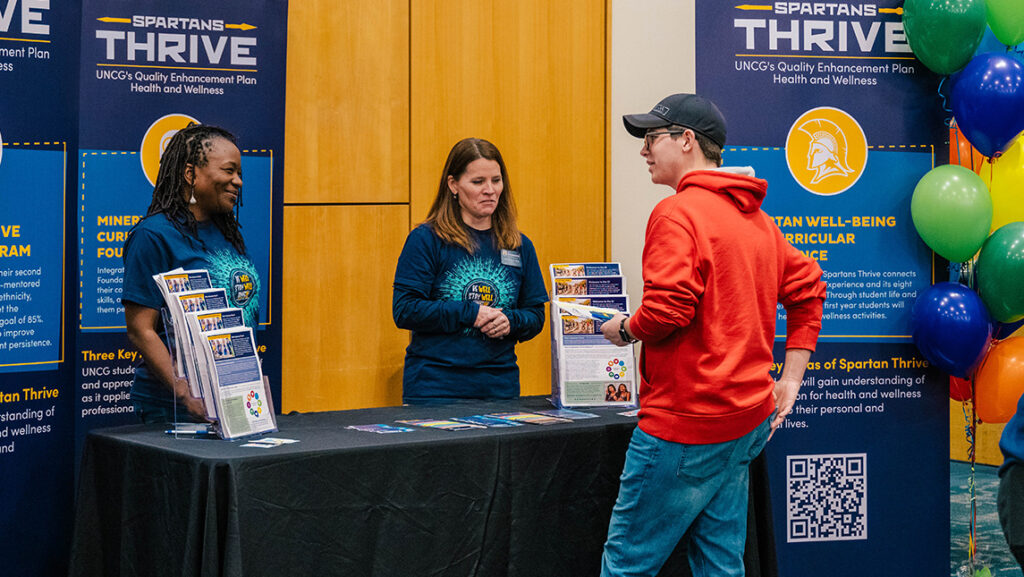

Well-Being is for All Spartans
UNCG is committed to providing our community with the knowledge, tools, and resources to support our community’s well-being and prevent barriers to success, however they may be defined. Spartan Well-Being has a variety of programs and support designed to promote a culture of care and help students Be Well and Stay Well.
- Coaching Services: This one-on-one coaching support for overall well-being and financial coaching is offered by professional certified coaches and student peer guides. Areas of focus include but are not limited to stress management, self-care, meeting financial goals, and navigating interpersonal relationships.

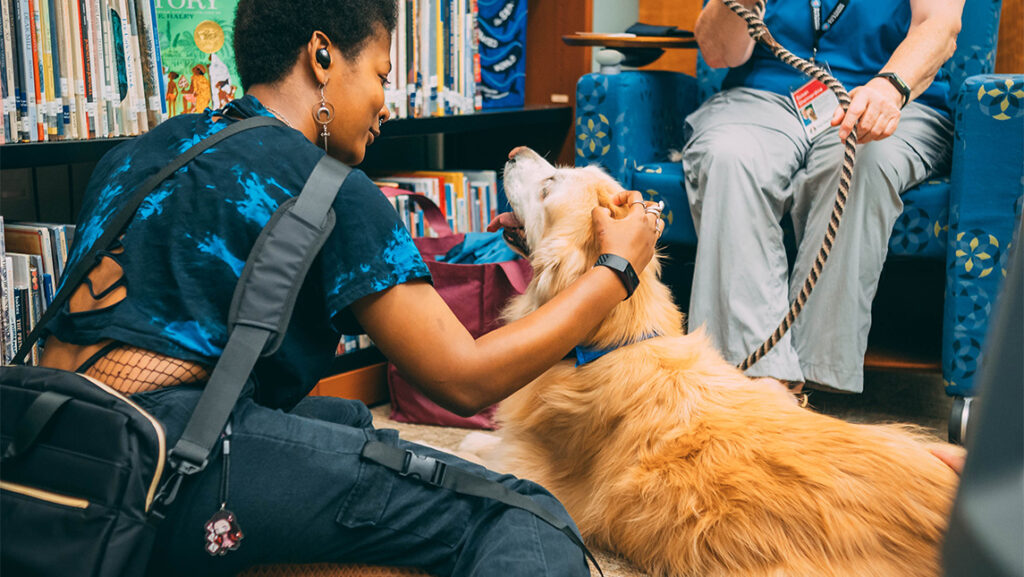

- Spartan Recovery @ UNCG: This is North Carolina’s premier collegiate recovery program, designed to support students in recovery from alcohol and other drugs. It allows them to fully participate in spaces that too often become a recovery-hostile environment. Spartan Recovery offers scholarships and Recovery Housing, as well as regular recovery meetings and recovery support spaces.
- JED Campus Designation: UNCG recently joined this distinguished network of higher education institutions committed to enhancing mental health awareness and resources available to students. The four-year process supports colleges and universities in creating a campus culture that promotes mental health and well-being.
Rising Above Trauma
The Campus Violence Response Center (CVRC) is a dedicated space for victims and survivors of violence. Its services include:
- Victim Advocacy: A confidential resource is frequently the first point of contact for someone who would like trauma counseling. A victim advocate is there to listen, validate, empower, and advocate on the student’s behalf. They can connect the student to multiple campus offices including but not limited to: Housing & Residence Life, the Dean of Students, Title IX, and Students First.
- Groups and Workshops: One of these regular programs is Healing Trauma Through Yoga and Meditation. The facilitator leads participants in restoring union within their body and reclaiming their body. The meetings consist of guided meditation, minimal asana (poses) with positive self-affirmation, and time for sharing.
- Trauma-Focused Counseling: Trauma informed therapy is designed to support survivors of violence and various types of trauma.



Awareness, Prevention, Intervention
UNCG prepares Spartans to step in when it comes to averting a mental health crisis. Training programs are made available to faculty, staff, students, even parents and families to increase mental health and substance use literacy and build up the community’s capacity to intervene, reduce stigma, and make appropriate referrals.
- Step 1: Ask, Listen, Refer is an online 30-minute suicide prevention training.
- Step 2: Question, Persuade, Refer (QPR): This in-person 90-minute suicide prevention training teaches participants using real-life scenarios and UNCG-specific resources and procedures.
- Step 3: Mental Health First Aid. This in-depth Mental Health and Substance Use training helps participants identify signs and symptoms of mental health challenges, how to interact and support a person with mental health challenges and in crisis, and how to connect them with help.
Leading the Way in Research
While UNCG works diligently to meet all students’ mental health needs, it’s also committed to advancing society’s understanding of mental health issues. Students take the initiative to create pathways to wellness based on their personal experiences, including Yeong-Jun Seo, a kinesiology student who experienced first-hand the difficulties of moving on after a professional athletic career in South Korea. Joining forces with Dr. Erin Reifsteck, Seo dedicated his research to helping student athletes transition out of college sports.
This is also apparent in the plentiful research advanced by UNCG faculty, some of whom have been awarded millions of dollars in grant funding from federal and state agencies, non-profits, and private companies that recognize the benefits of mental well-being programs.
In the School of Education, Dr. Rebecca Mathews is teaching community leaders how to recognize the signs of a suicidal inclination, and she regularly hears back from trainees who were empowered to step up and help someone close to them.

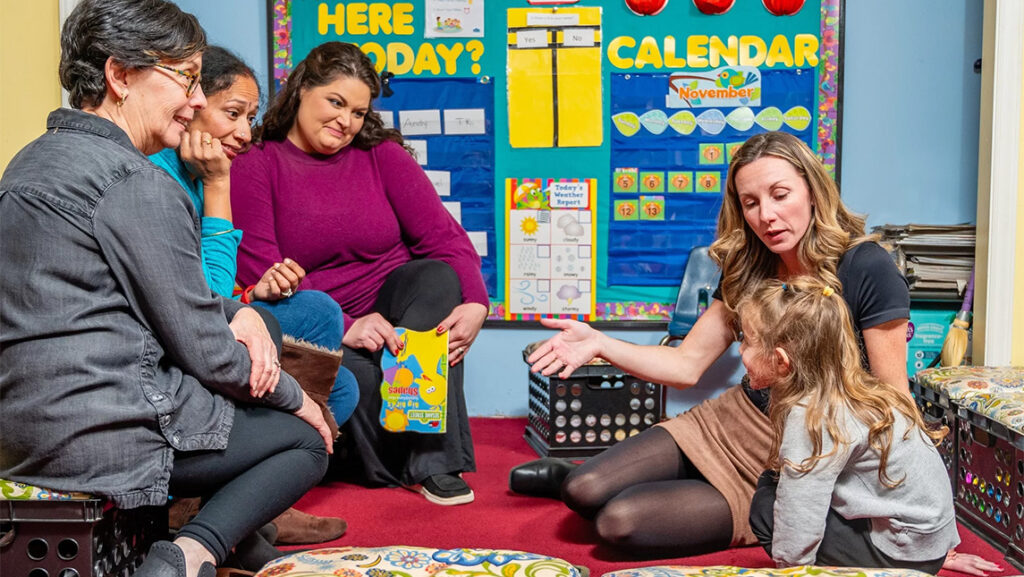
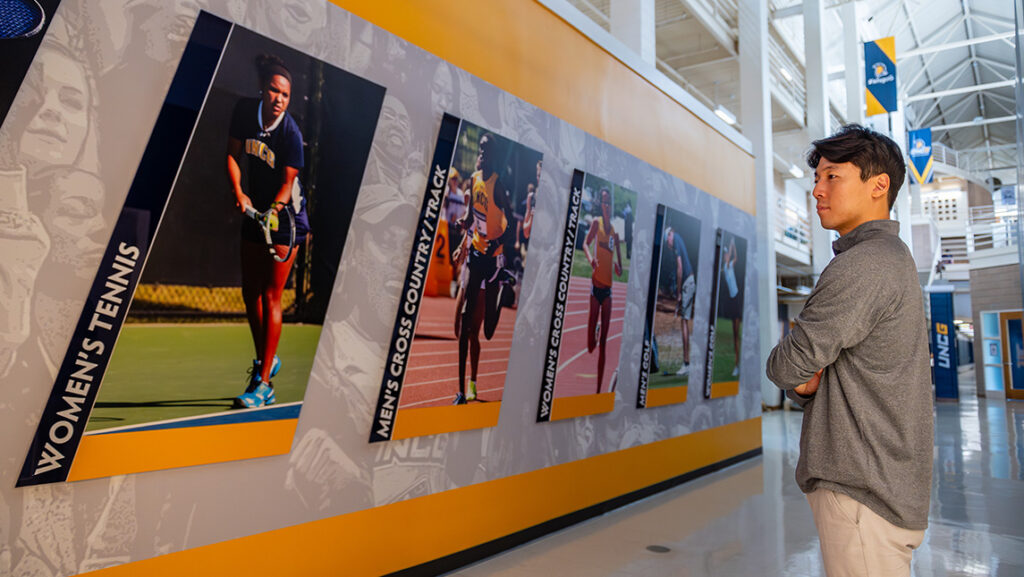
In the College of Arts and Sciences, Dr. Anne Parsons makes sure people never forget the history of mental health treatment. Her Care and Custody exhibit has made stops in multiple states, educating scores of people on the ramifications of institutionalization.
UNCG’s Center for Youth, Family and Community Partnerships has emerged as a leader through countless programs that are active across North Carolina. From Bringing Out the Best that helps children overcome behavioral, social, and emotional challenges, to its High Fidelity Wraparound training process that has strengthened family and community groups, there is a reason the 20-year-old center has received a record-breaking $6.8 million in funding and grown to a staff of 30.
Story by Janet Imrick, University Communications
Photography by David Lee Row and Sean Norona, University Communications
